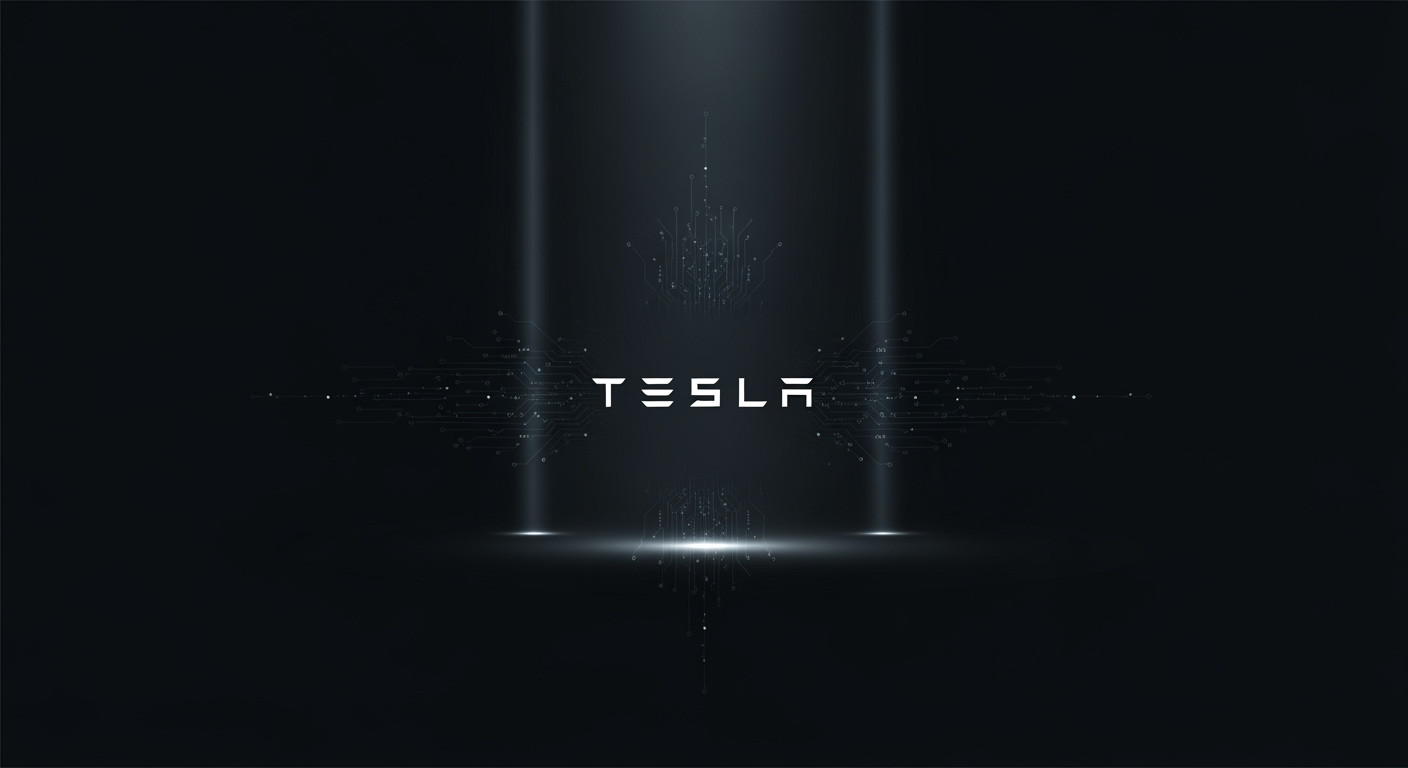Tesla Ends Dojo Supercomputer Project, Shifting AI Strategy

Tesla Ends Dojo Supercomputer Project, Shifting AI Strategy
Tesla has made a significant move by shutting down its ambitious Dojo supercomputer project, a system once touted as central to the company’s self-driving technology and AI future. This change marks a major shift in Tesla’s approach to in-house AI development, raising questions about the automaker’s next steps in the race for autonomous vehicles and robotics.
What Was Dojo?
Announced in 2021, Dojo was Tesla’s custom-built supercomputer designed to train AI models using vast amounts of video data collected from its vehicles. The project included the development of proprietary chips, like the D1, and was seen as a cornerstone of Tesla’s full self-driving (FSD) ambitions.
Why Did Tesla Shut Down Dojo?
According to recent reports, Tesla has disbanded the Dojo team and reassigned remaining members to other compute projects. Peter Bannon, who led the Dojo effort, is leaving the company. This decision follows the exit of about 20 team members who have since launched their own AI startup, DensityAI, focused on building chips, hardware, and software for AI in robotics and automotive applications.
Strategic Shifts and Industry Implications
The closure of Dojo comes at a time when Tesla CEO Elon Musk is urging shareholders to view the company as an AI and robotics leader—even as its highly anticipated robotaxi service, launched in Austin, has faced operational challenges. Musk had long claimed Dojo would be key to unlocking full self-driving, with its ability to process massive video datasets. As recently as last year, major financial analysts predicted Dojo could add hundreds of billions in value to Tesla by enabling new AI-powered services.
However, since mid-2024, Tesla’s AI narrative shifted to a new project called Cortex, described as a “giant new AI training supercluster” under construction in Austin. This pivot suggests Tesla is moving away from fully custom in-house solutions and toward leveraging external partners and commercially available technology.
Increased Reliance on External Partners
With the end of Dojo, Tesla is expected to deepen its reliance on industry leaders like Nvidia and AMD for AI compute power. Notably, Tesla recently signed a $16.5 billion agreement with Samsung to manufacture its AI6 inference chips—designed to support applications ranging from FSD to the Optimus humanoid robot and high-performance data center training.
What’s Next for Tesla and AI?
Elon Musk has hinted at further convergence between Tesla’s chip efforts, aiming for unified designs that serve both vehicle and data center needs. Meanwhile, Tesla’s board has approved a $29 billion compensation package for Musk, emphasizing the company’s commitment to retaining his leadership as Tesla navigates AI’s rapidly evolving landscape.
As the AI talent war intensifies—with former Tesla engineers launching new ventures and competitors racing ahead—Tesla’s new strategy could help it stay agile. The company’s willingness to pivot, form new partnerships, and focus on scalable AI infrastructure may ultimately position it for long-term success in self-driving and robotics, even if the Dojo era has come to a close.
References
- Tesla shuts down Dojo, the AI training supercomputer that Musk said would be key to full self-driving
- Tesla Disbands Dojo Supercomputer Team in Blow to AI Effort
- Former Tesla Executives Start Automotive AI Company DensityAI
- Top Five Highlights of Elon Musk’s Tesla AI Day
- Tesla Signs $16.5B Deal With Samsung to Make AI Chips
- Tesla Hands $29B Comp Package to Elon Musk Amid AI Talent War





